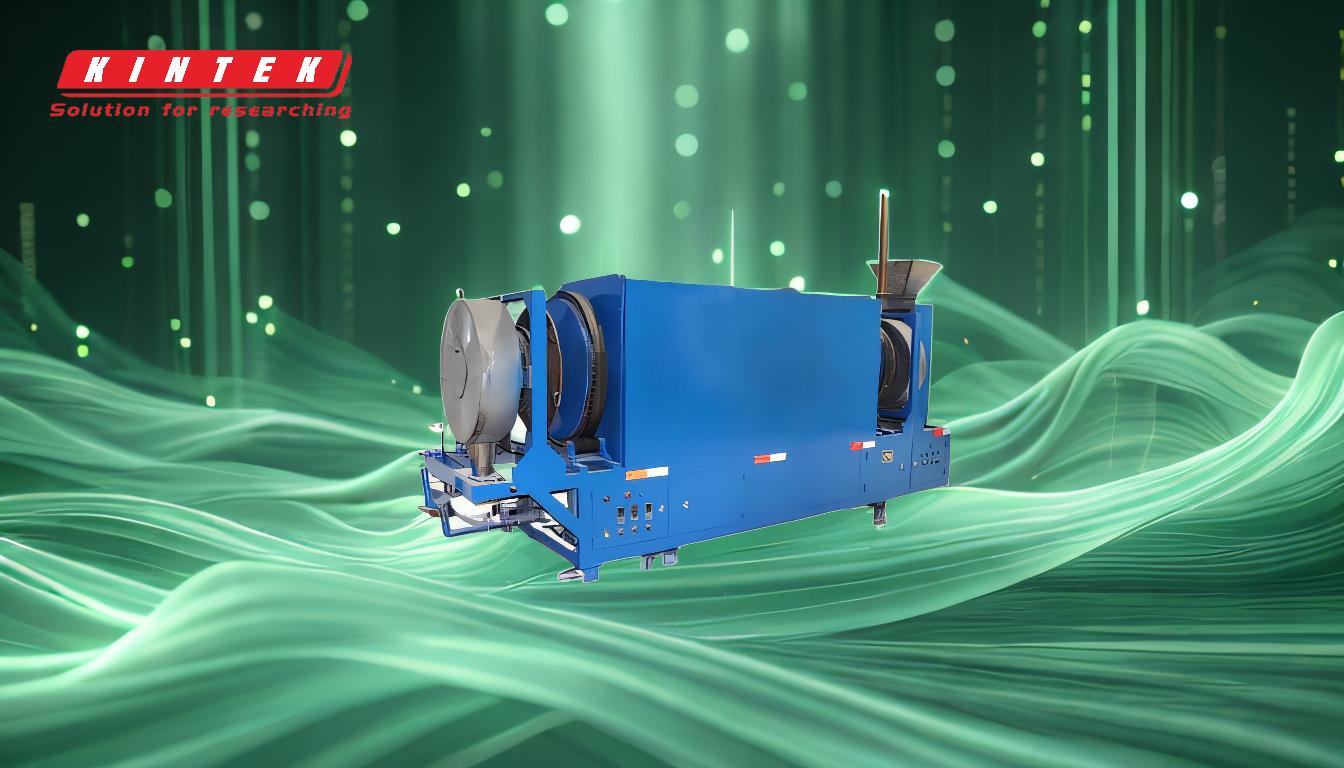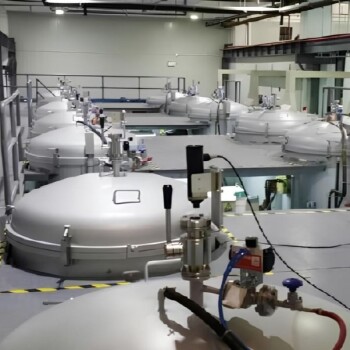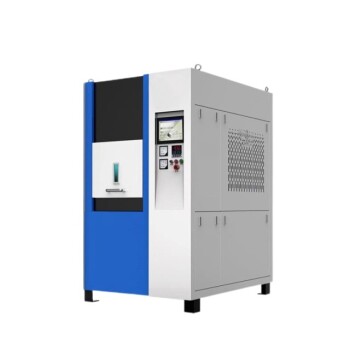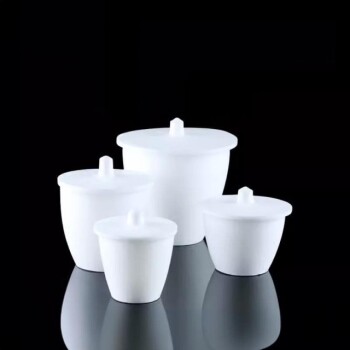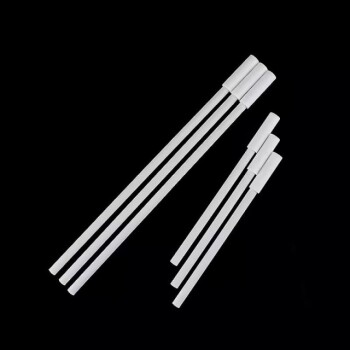The heat required for plastic pyrolysis depends on several factors, including the type of plastic, moisture content, and the specific pyrolysis process used. Generally, pyrolysis occurs at temperatures between 280°C and 600°C, with most processes operating around 400-600°C. The heat energy is used to break down long-chain polymers into smaller molecules, producing fuel oil, carbon black, and syngas. The energy requirements include heating the plastic to the pyrolysis temperature, compensating for energy losses, and supporting endothermic reactions. The process also involves preprocessing steps like shredding, drying, and separating non-plastics, which contribute to the overall energy demand.
Key Points Explained:
-
Temperature Range for Pyrolysis:
- Plastic pyrolysis typically occurs at temperatures between 280°C and 600°C, with most processes operating in the range of 400-600°C.
- This temperature range is necessary to break down long-chain polymers into smaller molecules, producing fuel oil, carbon black, and syngas.
-
Heat Energy Requirements:
- The heat energy required for pyrolysis includes:
- Heating the plastic to the pyrolysis temperature (400-600°C).
- Compensating for energy losses to the environment, such as heat loss from the pyrolysis reactor.
- Supporting endothermic reactions, which absorb heat to break chemical bonds in the plastic.
- The heat energy required for pyrolysis includes:
-
Preprocessing Steps and Their Energy Contributions:
- Shredding: Plastic waste is shredded into smaller pieces to increase the surface area, which improves heat transfer and reaction efficiency.
- Drying: Moisture in the plastic must be removed, as water evaporation at 100°C requires additional heat energy.
- Preprocessing: Non-plastic materials are separated to ensure the quality of the pyrolysis products. This step may involve additional energy for sorting and cleaning.
-
Energy for Heating and Reactions:
- The energy required to heat the plastic from room temperature to the pyrolysis temperature is significant. For example, heating biomass and water to 500°C requires substantial energy.
- The pyrolysis reaction itself is endothermic, meaning it absorbs heat to break the polymer chains into smaller hydrocarbons.
-
Energy Losses:
- Energy losses occur due to heat transfer inefficiencies in the pyrolysis reactor and the surrounding environment. These losses must be compensated for to maintain the required temperature.
-
Plastic Type and Residue:
- Different plastics have varying pyrolysis requirements. For example:
- PE, PP, and PS: These plastics produce little or no solid residue during pyrolysis.
- PET and PVC: These plastics leave a small amount of solid residue (<10%), which may require additional energy for handling and disposal.
- Different plastics have varying pyrolysis requirements. For example:
-
Overall Energy Considerations:
- The total heat required for plastic pyrolysis includes:
- Preprocessing energy (shredding, drying, and separating).
- Heating energy (to reach and maintain pyrolysis temperature).
- Reaction energy (endothermic pyrolysis reactions).
- Energy losses (heat loss to the environment).
- The total heat required for plastic pyrolysis includes:
In summary, the heat required for plastic pyrolysis is influenced by the type of plastic, moisture content, preprocessing steps, and the efficiency of the pyrolysis reactor. The process typically requires temperatures of 400-600°C and involves significant energy input for heating, reactions, and compensating for losses.
Summary Table:
| Factor | Details |
|---|---|
| Temperature Range | 280°C to 600°C, typically 400-600°C for most processes. |
| Heat Energy Inputs | - Heating plastic to pyrolysis temperature. |
| - Compensating for energy losses (e.g., reactor inefficiencies). | |
| - Supporting endothermic reactions (breaking polymer chains). | |
| Preprocessing Steps | - Shredding: Increases surface area for better heat transfer. |
| - Drying: Removes moisture, requiring additional heat. | |
| - Separating non-plastics: Ensures product quality. | |
| Plastic Types | - PE, PP, PS: Little to no residue. |
| - PET, PVC: Small residue (<10%), requiring extra energy for disposal. | |
| Energy Losses | Heat loss to the environment must be compensated for efficient pyrolysis. |
Need more details on plastic pyrolysis energy requirements? Contact our experts today for tailored solutions!
